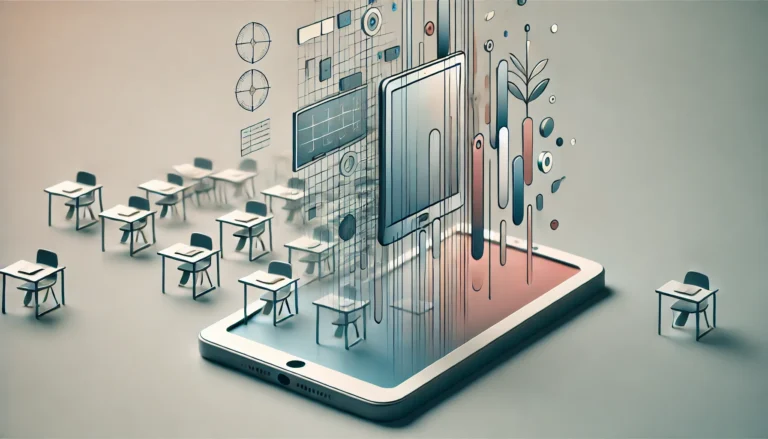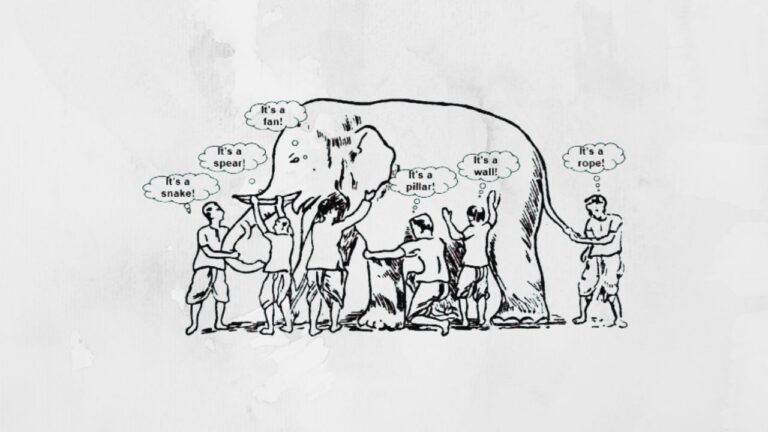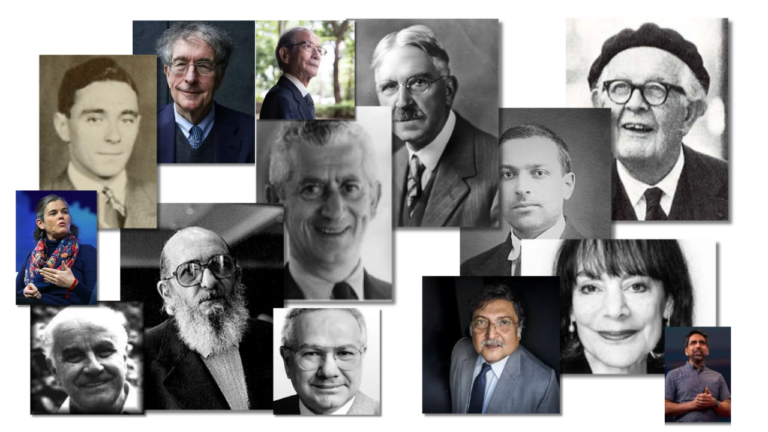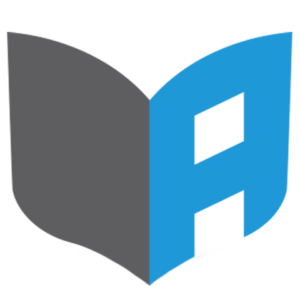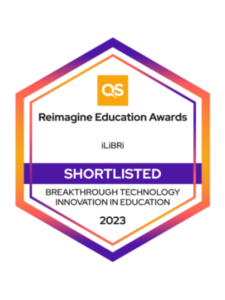In an era of rapid technological advancements and unprecedented access to information, traditional education and knowledge exchange models are becoming increasingly obsolete. At iLiBRi, we are committed to transforming the learning landscape by integrating cutting-edge educational theories, pedagogy, and digital solutions. Our holistic approach ensures that knowledge is disseminated, co-created, and dynamically exchanged, enhancing personal, professional, and organizational growth.
Pioneers in Educational and Learning Theories
To truly understand and revolutionize the field of education, it is crucial to study the works of the most influential thinkers.
Attention! Why? (click)
“Historically, women have faced significant barriers to entering and succeeding in academia and professional fields due to societal norms and institutional biases. As a result, many of the early foundational contributions to educational theory and pedagogy were made by men who had greater access to these opportunities.”
Virginia Valian, Psychologist and Author of “Why So Slow? The Advancement of Women“
Here’s a list of key figures whose contributions have shaped modern educational practices and online learning:
- Jean Piaget – Cognitive Development, University of Geneva (1920s-1980s)
- Lev Vygotsky – Social Development Theory, Soviet Psychology (1920s-1930s)
- John Dewey – Experiential Learning, University of Chicago, Columbia University (1890s-1950s)
- Benjamin Bloom – Bloom’s Taxonomy, University of Chicago (1950s-1970s)
- Howard Gardner – Multiple Intelligences, Harvard University (1980s-present)
- Paulo Freire – Critical Pedagogy, University of São Paulo (1960s-1990s)
- Jerome Bruner – Constructivist Theory, Harvard University, New York University (1950s-1990s)
- Albert Bandura – Social Learning Theory, Stanford University (1960s-present)
- David Kolb – Experiential Learning Theory, Case Western Reserve University (1970s-present)
- John Hattie – Visible Learning, University of Melbourne (2000s-present)
- Carol Dweck – Growth Mindset, Stanford University (2000s-present)
- Malcolm Knowles – Andragogy, Boston University, North Carolina State University (1970s-1990s)
- Ken Bain – Deep Learning, Montclair State University (2000s-present)
- Richard E. Mayer – Multimedia Learning, University of California, Santa Barbara (1990s-present)
- Seymour Papert – Constructionism, MIT Media Lab (1960s-2000s)
- Loris Malaguzzi – Reggio Emilia Approach, Reggio Emilia Preschools (1960s-1990s)
- Elliot Eisner – Arts Education, Stanford University (1970s-2000s)
- Sal Khan – Online Education, Khan Academy (2008-present)
- Daphne Koller – MOOCs, Coursera (2012-present)
- Clayton Christensen – Disruptive Innovation, Harvard Business School (1990s-2020s)
- Sugata Mitra – Self-Organized Learning, Newcastle University (2000s-present)
- Eric Mazur – Peer Instruction, Harvard University (1990s-present)
- Etienne Wenger – Communities of Practice, Independent Scholar (1990s-present)
- Peter Senge – Learning Organizations, MIT Sloan School of Management (1990s-present)
- Ikujiro Nonaka – Knowledge Management, Hitotsubashi University (1990s-present)
Embracing the Future: A Call to Action
At iLiBRi, we reject the stagnation and irrelevancy plaguing many educational and knowledge-intensive institutions. The world cannot afford the inefficiencies of outdated systems that fail to manage knowledge effectively, leading to the loss and underutilization of valuable insights. We believe in a holistic and comprehensive approach to knowledge that prioritizes real-world impact and enhances the quality of daily life.
In the age of GenAI, the potential for innovative, integrated solutions is limitless. We invite you to join us in this mission. Let’s collaborate to build a future where learning is dynamic, inclusive, and impactful. Contact us at iLiBRi today and participate in the knowledge exchange and education revolution. Together, we can create solutions that meet our time’s needs and pave the way for a brighter, more informed future.
Contact Us
Reach out to us at iLiBRi to explore how we can collaborate to innovate and transform the knowledge exchange and learning landscape.

